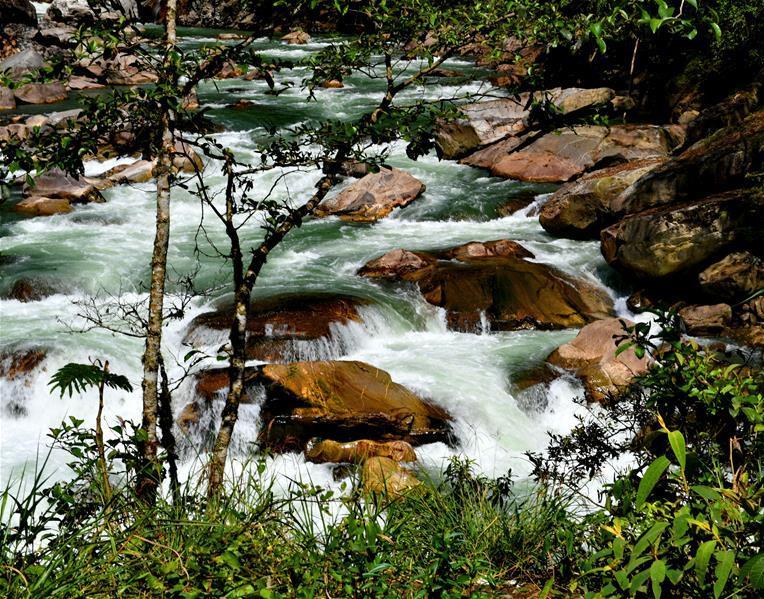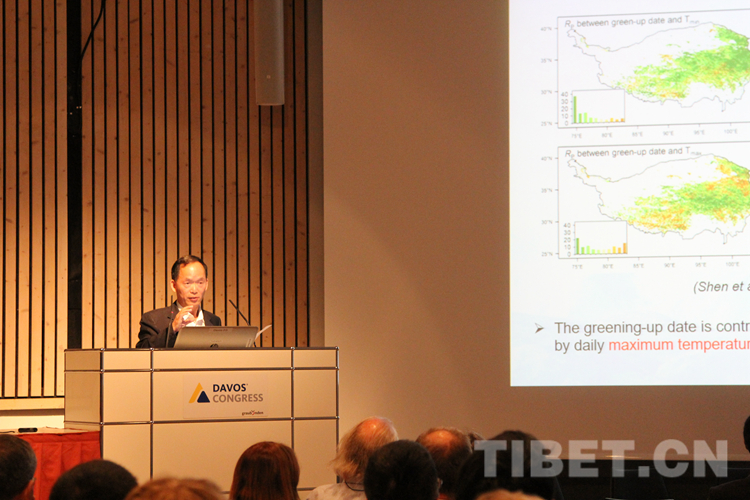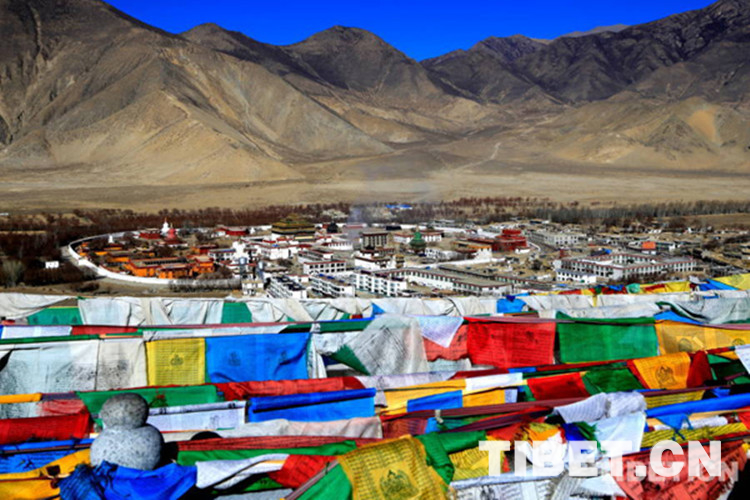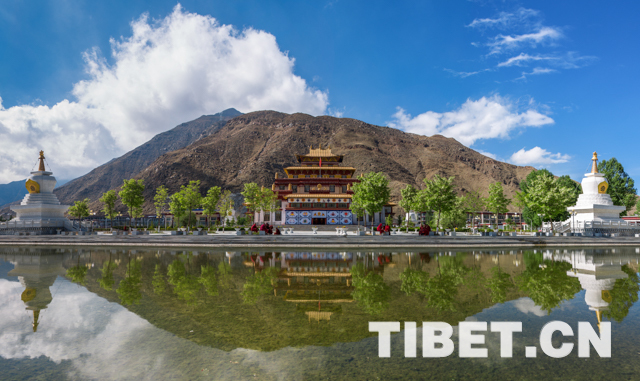143 Qinghai monks join Tibetan Buddhism academic title exam
“After four years of study, monks will return to their monastery to be involved in the management of monasteries, and some may become scripture teachers.” On June 6, Wu Jiacang, who is in charge of the Religious Affairs at the Qinghai Province Tibetan Language Institute of Buddhist Studies said that monks would learn the essence of the four major sects of Tibetan Buddhism and also study more about modern culture.
On June 6, the first examination for the 2018 enrollment at the Qinghai Tibetan Buddhism College was held in Guide County. 143 monks participated in the chirampa (intermediate title) and chenrampa (beginner title) enrollment exams.
The Qinghai Institute of Buddhist Studies was initiated by the 10th Panchen Lama and founded in September 1986 at the holy Kumbum Monastery. Monks taking the exam are usually required to be under the age of 35 and have been voluntarily studying at their respective monasteries for at least 12 years.
Your Comment
Name E-mailRelated News
-
-
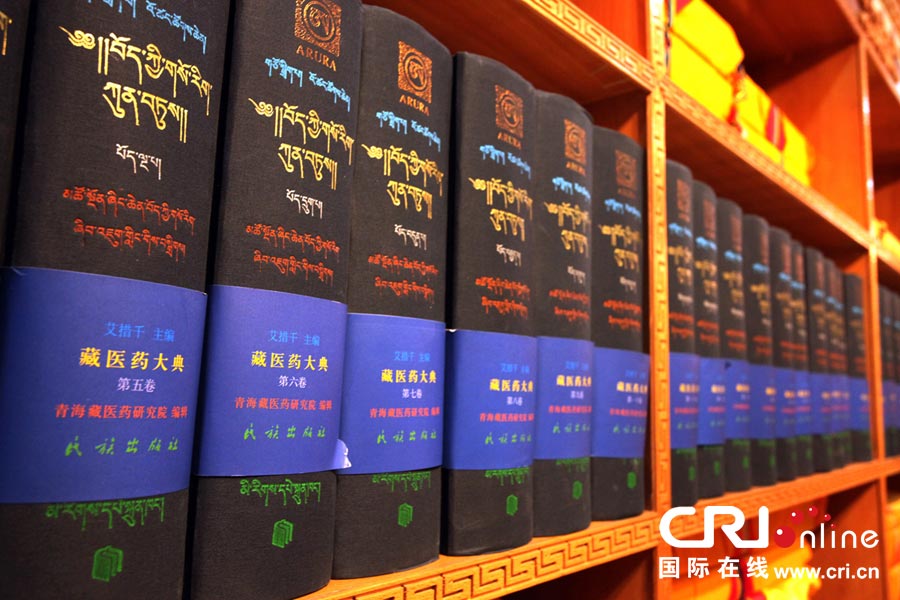
-
China launches Tibetan language translation software, apps
A series of new Tibetan-Chinese translation apps and software programs were launched in northwest China's Qinghai Province to better promote communication between different ethnic groups and boost economic and cultural development in Tibetan areas.
-
-
-
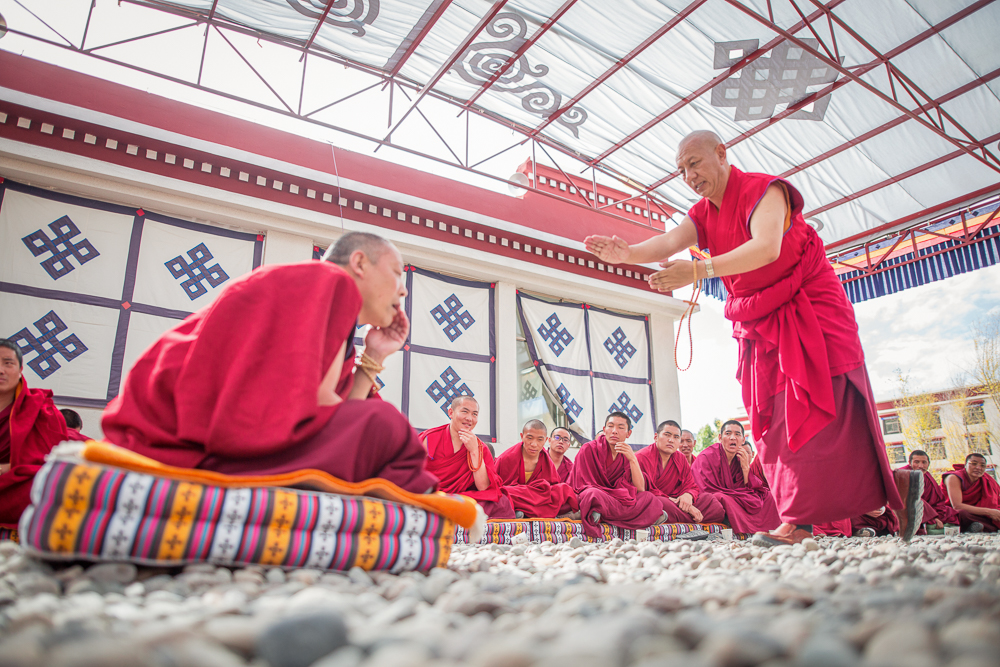
-
UM establishes professorship of Tibetan Buddhist Studies
The University of Michigan (UM) has received a gift of 2.5 million dollars to establish the Khyentse Gendun Chopel Professorship of Tibetan Buddhist Studies.
-
-
-
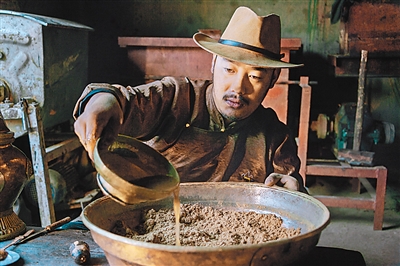
-
People protect and develop Tibetan incense culture
Tibetan incense has a history of more than 1300 years. The inventor of the first generation of Tibetan incense Tunmi Sambodra not only invented Tibetan.
-
-
-

-
Qinghai makes teaching Tibetan a priority
Fifth-grader Dekyi Yungdrung likes to write in Tibetan, and her mother takes pride in her daughter's creativity.
-
-
-

-
Night scenery of ancient town in Shangri-la
The ancient town of Dukezong Dukezong in Shangri-la City, southwest China's Yunnan Province, is known for its Tibetan-style architectures.
-


